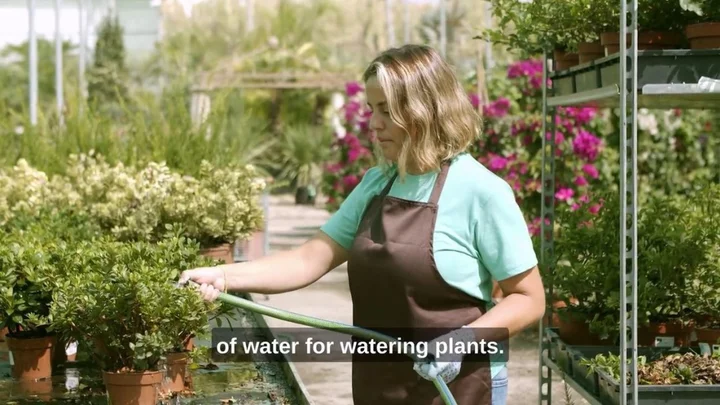Plants make sounds when they’re distressed and humans are only hearing them now for the first time, scientists have found.
New research has discovered that sounds are used by plants to communicate with their ecosystems – and they could be studied and used to improve growing conditions for plants in the future.
Itzhak Khait of Tel Aviv University led the research, which involved studying tobacco and tomato plants.
As the findings showed, the plants made high-frequency noise which could be detected five metres away.
The study was published in the journal Cell, and the results “can alter the way we think about the plant kingdom, which has been considered to be almost silent until now”.
Not only that, but by studying the sounds emitted by the plants experts could tell whether they were in need of water or suffering from cuts.
Lilach Hadany, an evolutionary biologist at Tel Aviv University, told Vice: “We started this project from the evolutionary question: why are plants mute? It appears that plants could have a lot to benefit from acoustic communication.”
“We were particularly happy that the sounds turned out to be informative – containing information on the type of the plant and the type of the stress.”
The findings could change the way plants are grown and communicate with their environments in future, given that we now know information can be conveyed via the sounds.
Hadany went on to say: “What we do know is that there are sounds in the air, and they contain information.
“Thus, natural selection may be acting on other organisms (animals and plants) to whom the sounds are relevant, to be able to hear the sounds and interpret them. That includes animals that can hear the sounds and can use the information to choose a food source or a laying site, or potentially plants that can prepare for the stress.”
The team said in the study: “Plant sound emissions could offer a way for monitoring crops water and possibly disease states—questions of crucial importance in agriculture.
“In times when more and more areas are exposed to drought due to climate change, efficient water use becomes even more critical, for both food security and ecology.”
Sign up for our free Indy100 weekly newsletter
Have your say in our news democracy. Click the upvote icon at the top of the page to help raise this article through the indy100 rankings.









